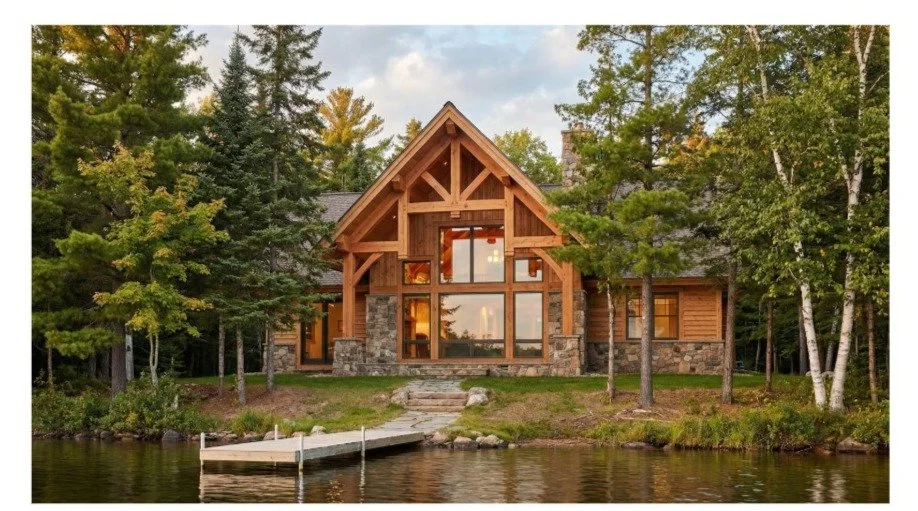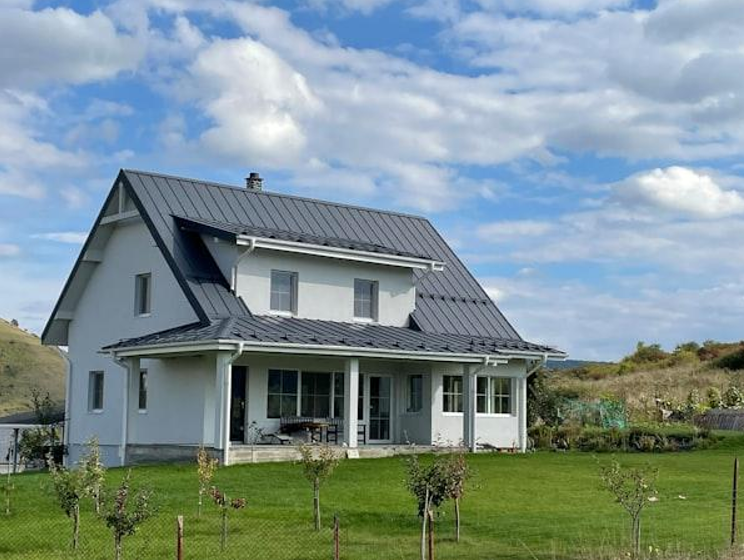Can Your HOA Stop You From Living in an RV on Your Property?
For many Americans, living in an RV on private property offers an appealing alternative to traditional housing. Whether it’s a temporary solution during home renovations or a lifestyle choice for minimalists, the idea of living in a recreational vehicle (RV) has gained popularity. But if you live in a neighborhood governed by a homeowners association (HOA), you might run into challenges. One of the most frequently asked questions is: how long can someone live in a camper on my property—especially when HOA rules come into play.
Understanding What an HOA Is
A homeowners association is a private organization that enforces rules for properties within a specific community. By purchasing a home in an HOA-governed neighborhood, you agree to follow its covenants, conditions, and restrictions (CC&Rs). These rules often cover aesthetics, property usage, and even parking regulations.
Because HOAs are designed to maintain property values and neighborhood consistency, they often place restrictions on non-traditional dwellings like RVs, campers, or tiny homes.
What the Rules Often Say About RV Living
Most HOAs do not permit homeowners or tenants to live in RVs parked on their property for an extended period. The exact language in the CC&Rs might prohibit RVs altogether or allow them for storage purposes only—meaning you can park it but not use it as a living space.
Some HOA rules might specify:
RVs must be parked in a garage or out of sight.
Temporary RV stays are allowed for guests but limited to a few days.
Permanent or long-term occupancy in an RV is strictly prohibited.
Why HOAs Restrict RV Living
There are several reasons HOAs are strict about RV use:
Aesthetic concerns: RVs can clash with the look and feel of a uniform residential neighborhood.
Zoning and safety: HOAs often align with local zoning laws, which may not permit RVs as primary residences.
Infrastructure: Properties are not always equipped to handle sewage, water, or electrical hookups for RVs.
HOAs argue that these restrictions help preserve neighborhood standards and keep property values from declining.
Local Laws Also Play a Role
Even if your HOA is lenient or silent on RV living, you must also consider city or county zoning ordinances. Local laws may restrict RV living based on land use categories—such as residential versus recreational—and can override HOA permissions in certain cases.
In some areas, zoning codes may allow short-term RV stays, especially during home construction, but prohibit long-term occupancy. In others, you might need special permits to live in an RV at all. Ignoring these regulations can result in fines or even eviction notices.
What If You Don’t Have an HOA?
If your property isn’t part of an HOA, you have more flexibility—but not total freedom. You’ll still need to follow local codes and land use regulations. Even without HOA oversight, law enforcement or code compliance officers can cite you for illegal RV living if it violates local ordinances.
However, in rural or unincorporated areas, RV living may be more accepted and even legal under certain conditions, especially when the vehicle is self-contained and connected to necessary utilities.
Can You Challenge HOA Rules?
Yes, but it’s a long shot. HOAs have legal backing and court-tested authority to enforce their rules. You can petition your HOA board for an exception, especially in temporary situations like home repair, caregiving, or emergency housing.
Some homeowners have successfully lobbied for rule amendments or variances, but it requires the support of other homeowners and often a formal vote. Legal action against an HOA is also an option, though it can be expensive and time-consuming—and with no guaranteed outcome.
Tips for RV Living in an HOA Community
If you’re determined to live in an RV within an HOA community, consider the following:
Review the CC&Rs: Understand exactly what your HOA allows and forbids.
Get board approval: If you believe you have a strong case, present it formally to the board.
Explore temporary solutions: Ask if a short-term stay is allowed during emergencies or renovations.
Stay compliant with local laws: Even with HOA approval, city or county laws must also be followed.
Consider stealth options: Some RV owners create setups that are hidden or disguised, but this can be risky if discovered.
Final Thoughts
Living in an RV on your own property may seem like a reasonable and affordable choice, but if you’re in an HOA-governed area, it’s rarely that simple. Between HOA rules and local zoning ordinances, the ability to live in an RV full-time is often restricted. Always start by asking the right questions, reviewing your governing documents, and checking local laws before parking and plugging in. What feels like home to you might be a code violation to your neighbours—and your HOA won't hesitate to enforce it.







